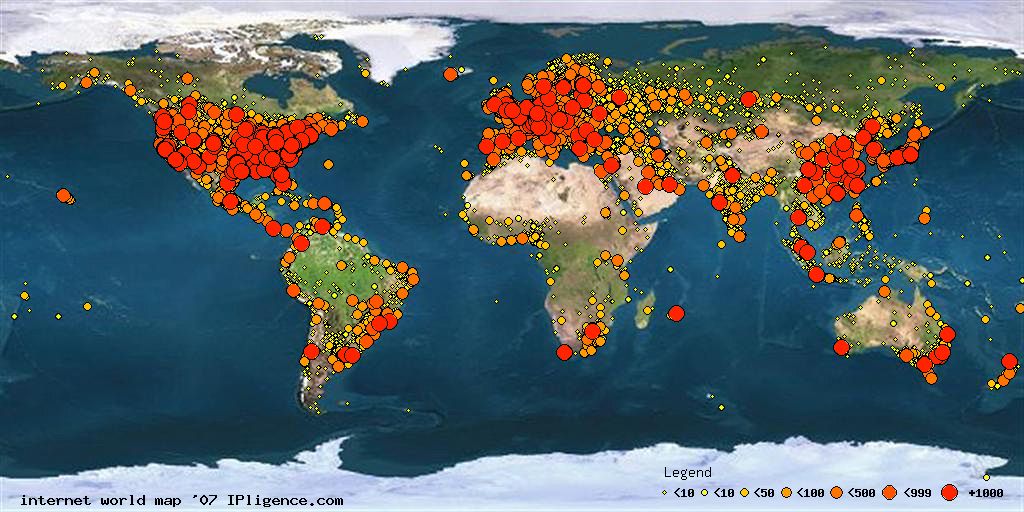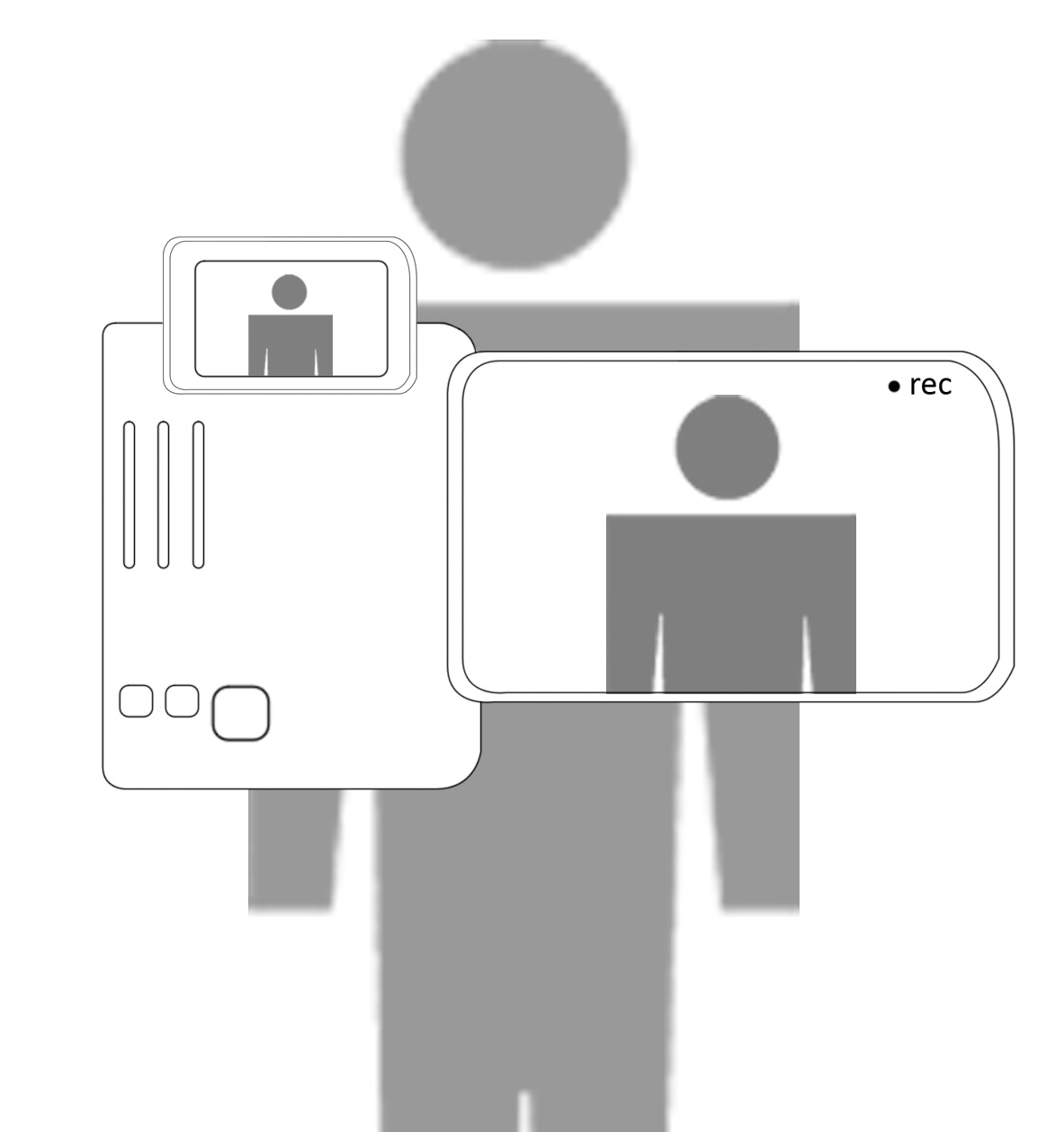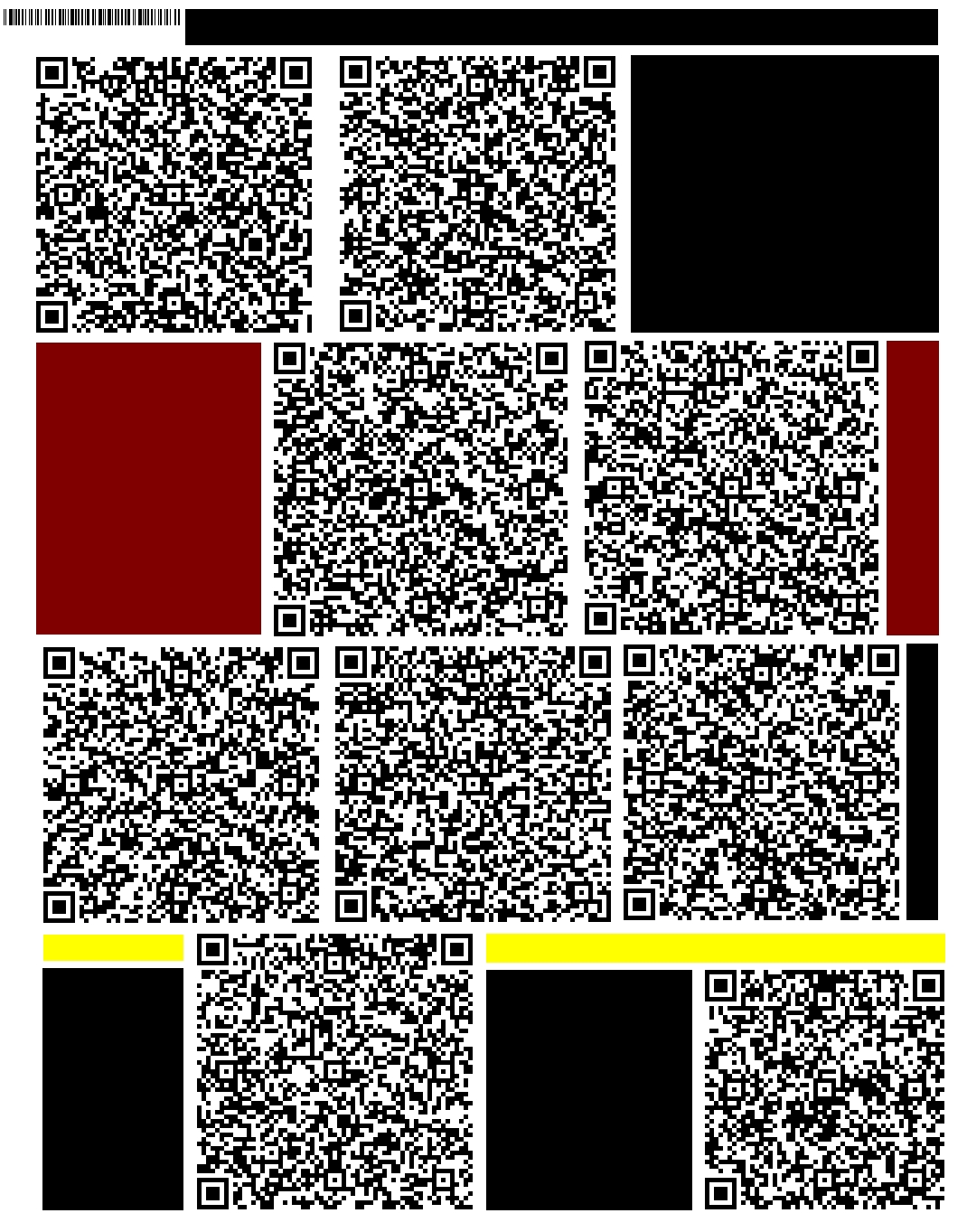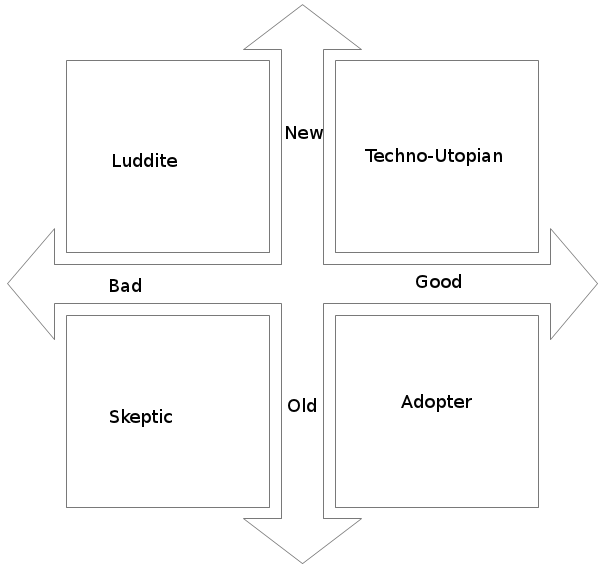The ethical position taken by academics and intellectuals with respect to the objects of their attention – research, theory, intervention – arises from a combination of environmental, institutional, and personal (i.e. political) commitments. When those commitments come into conflict, the ethical positions taken or implied by knowledge producers face the possibility of transformation. And, where globally interconnected lives at both macro- and micro-scopic levels are concerned, the conditions of possibility of change are omnipresent and intense. Arjun Appadurai (2000) summarizes the root of these conditions as a “growing disjuncture between the knowledge of globalization and the globalization of knowledge.”
Continue reading
Tag Archives: concept


Lessons, Connections and Directions
The summer now underway, it’s a good time to take stock of gains, setbacks, and lessons learned from the semester. This post simply reviews the three sets of work undertaken over the past few months, and then try to detail the priorities and next steps necessary to continue progress towards the dissertation. Between materials, structures, and approaches, more incommensurability than contiguity prevails – yet weak ties persist in imagination and in theory. Broadly speaking, both epistemological and methodological considerations justify holding all three in concert, as parts of the long-term and focused project. And yet this can only hint at a strategy, it seems, and my largest outstanding challenge will be to find the coherent framework that unifies or at least governs the relationship between each of these schools of thought. Continue reading

Foucault – on Governmentality
Introduced by Foucault late in his career, during the lectures at the College de France, governmentality spawns perhaps the most discussion among contemporary readings of his works. And no wonder:
Continue reading

Foucault – Birth of the Clinic
Foucault’s second major publication follows the immense History of Madness, and precedes The Order of Things. Its focus on the medical gaze, and on the epistemic shift concurrent with the turn of the 18th century, emphasizes the themes that carry between those two texts. Staunchly archaeological, The Birth of the Clinic traces the moduli of language as evidence and archive, entryways into the probing questions of medical practice and assumption throughout the period. Remarkably, throughout this subtle and sensitive critique of a scientific logic that insists upon the technical objectivity of images and words of the body, Foucault’s own treatment of the body – as historically and socially embedded – avoids direct confrontation with the conditions of possible embodiment of the medical regard itself.

Internet – Lit Reviews – Kittler, Lanier, Jenkins
Internet – Synthesis – Methods and Approaches
While composing the preliminary reviews of literature that surround this post (it being posted retrospectively – something pops up here about the instability of blog-time, no doubt) certain tendencies and distinctions among the many approaches to internet studies have cemented. As the time comes to distinguish my own approach and its component pieces from the existing ones, both those which contribute to it and those from which it makes more sense to distance ourselves, a synthesis of those reviews comes into form. Tracing those groups in the literature that hang together, marking the details and purposes and focus of the ongoing project, and then arguing for the validity of a fresh approach and method, this post will form a temporary holding point en route to the field statement’s proposal and procedure. But we begin just by restating the themes of the semester so far.
Continue reading

Foucault – History of Madness / Madness and Civilization
A landmark topical study from Foucault’s early career, History of Madness took nearly forty years before arriving in the U.S. in a full translation. Jean Khalfa’s magnificent treatment of the sprawling text delivers Anglophone readers more than just extra pages. The differences between Madness and Civilization (based on the 1964 adaptation) and History of Madness (based on the original 1961 version) extend to conceptual nuances as well. In particular, the abridgment of the critique of psychiatry, in Madness and Civilization, flirts with a characterization of madness as repressed genius. But the more detailed argumentation in History of Madness, especially its focus on the institutional disciplines surrounding reason, emphasizes a conscientiously empirical archaeology of reason instead. Still, a central lament, for the loss of unreason after the 18th century, remains in force across both texts. Continue reading

Foucault – Archeology of Knowledge
Foucault’s methodological treatise, a decade in the writing, dismantles and reassembles historiography and epistemology. Rather than treat its object — discourse — as evidence of contiguous historical phenomena, Archaeology of Knowledge (AK) situates discourse as the rules that govern our organization and understanding of historical (as well as political, social, and other sets of) knowledge. At the same time, it describes discourse as a practice that encompasses the very making of those rules. True, then, that this abbreviated forum, as always, would fall short of adequate recapitulation of the book’s themes, let alone to float critique. But we can try:
The frontiers of a book are never clear-cut: beyond the title, the first lines, and the last full stop, beyond its internal configuration and its autonomous form, it is caught up in a system of references to other books, other texts, other sentences: it is a node within a network. Continue reading
Internet – Synthesis – On Newness
The question of what, after all, is so new about the internet has run through the introductory and summary posts in this series. It is a divisive question. Some proclaim the revolutionary, worldchanging emergence of the internet a wholly unique phenomenon. Others describe its continuity with older forms of media, communication, technology, or ideas. And each vein has its proponents and detractors of the internet’s cultural effects, which seem ubiquitously manifest, though not unequivocally ethically or morally valenced. Since we are concerned, here, with not just cultural effects but also cultural conditions for today’s internet, though, we cannot neatly reduce our approach to any of these positions.
So, we are faced with a series of comparisons and contrasts.
Foucault – Position – Epistemic Limits
Whether coursing through archival data or meditating on turns of language, Foucault’s early works — the History of Madness, the Birth of the Clinic, the Order of Things, and the Archaeology of Knowledge — each address ways of knowing how and what we think. Based on the approach in those works, we can refocus their efforts onto a tertiary question. While lacking the familiar modulus of power, this approach can still maintain a close attention to the thought of thought as such. It helps elucidate how we conceive of the conditions to this reflexive thought, and thereby to sketch contemporary epistemic limitations. The motivating impulse here, then, is: What exists outside our conditions of possibility of thought, and how can we know it? Continue reading
